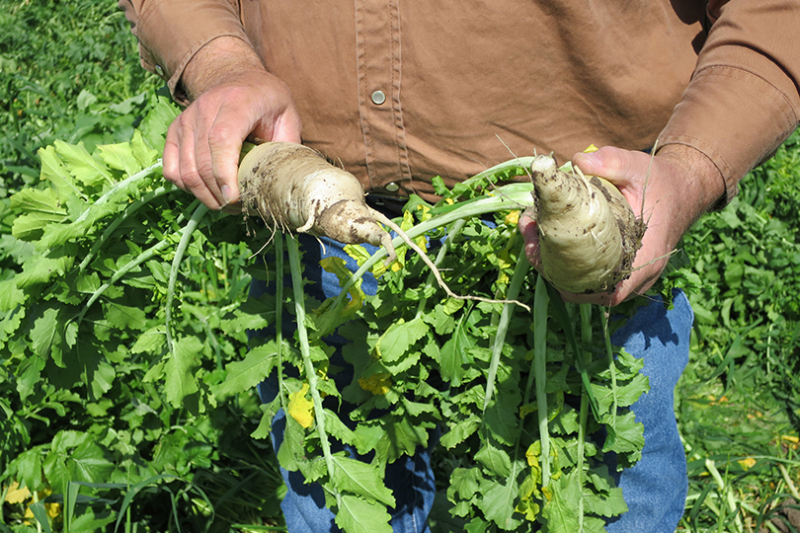By Jennifer Whitlock
Field Editor
Farm conservation programs are set to get a big boost in funding under a House Committee on Agriculture amendment added to the proposed $3.5 trillion budget reconciliation bill, but lawmakers must not create spending packages that aren’t based in agriculture’s reality or fail to recognize the negative impacts of proposed tax increases to pay for the spending, according to Texas Farm Bureau (TFB).
The $28 billion would be the biggest increase in conservation outlays since the historic Dust Bowl era of the 1930s, when the Soil Conservation Act established the first federal agricultural conservation program.
“We are leading the way on helping farmers tackle the climate crisis with a historic investment of $28 billion in the Build Back Better Budget for climate-smart agriculture,” Senate Agriculture Committee Chair Debbie Stabenow said in a statement to Agri-Pulse. “Our conservation programs are proven and popular with farmers, ranchers and foresters.”
Currently, the U.S. spends slightly less than $6 billion annually on U.S. Department of Agriculture (USDA) conservation programs.
Under the new plan, many of the programs administered by the USDA’s Natural Resources Conservation Service (NRCS) and other agencies would see marked increases in funding.
The biggest allocation, $9 billion, would go to the Environmental Quality Incentives Program (EQIP), which aids farmers and ranchers in purchasing equipment and implementing conservation practices through cost-sharing programs.
In fiscal year 2022, $300 million would be made available, with increases in spending to follow each year through 2026, when $3.45 billion is allocated for EQIP activities.
Other programs that would receive a total of $13 billion in increased funding include the Regional Conservation Partnership Program, Conservation Stewardship Program and Agricultural Conservation Easement Program.
Another $600 million has been set aside to measure greenhouse gas emission reductions of conservation activities. An additional $200 million is specifically designated for conservation technical assistance.
While farmers and ranchers appreciate the increased funding and attention to conservation practices, lawmakers on Capitol Hill must be careful not to create spending packages that aren’t based in agriculture’s reality, TFB National Legislative Director Laramie Adams said.
“Conservation programs must be feasible and aid farmers and ranchers in a meaningful way. It’s great that these legislators want to increase funding for those programs to help farmers and ranchers plant cover crops or save water, but those are not the only issues these folks are facing right now,” Adams said. “Agriculture has experienced market disruptions, natural disasters, trade wars, falling commodity prices and more. There needs to be a holistic approach to these congressional budgets that considers what’s happening in rural America. Conservation is good, and we support and promote sustainability practices, but that’s not the only program that needs their attention right now.”
Many involved in the budget process are concerned about “green” farming practices and reducing greenhouse gas emissions while turning a blind eye to other industries that have much bigger impacts on the climate, he noted.
Another area legislators who are concerned about climate impacts should pay more attention to is proposed tax increases that would affect family farms and ranches, Adams said.
“It is important for lawmakers in D.C. to look at commonsense ways to incentivize climate smart practices, many of which farm and ranch families are already practicing. Nobody cares for the land and environment better than farmers and ranchers. They understand if they aren’t practicing land and water stewardship, that will only hurt their ability to succeed,” he said. “Congressional leaders who are focused on climate-smart farming need to also strongly consider looking at negative tax proposals being discussed in reconciliation. If tax increases go into effect, they’re going to wipe out a lot of family farms and ranches across the nation. If producers are put out of business with tax increases, you only move the needle backward on climate change, because you will see less land conservation and more development. In addition, tax increases will inhibit agriculture’s ability to provide food and fiber for consumers.”

